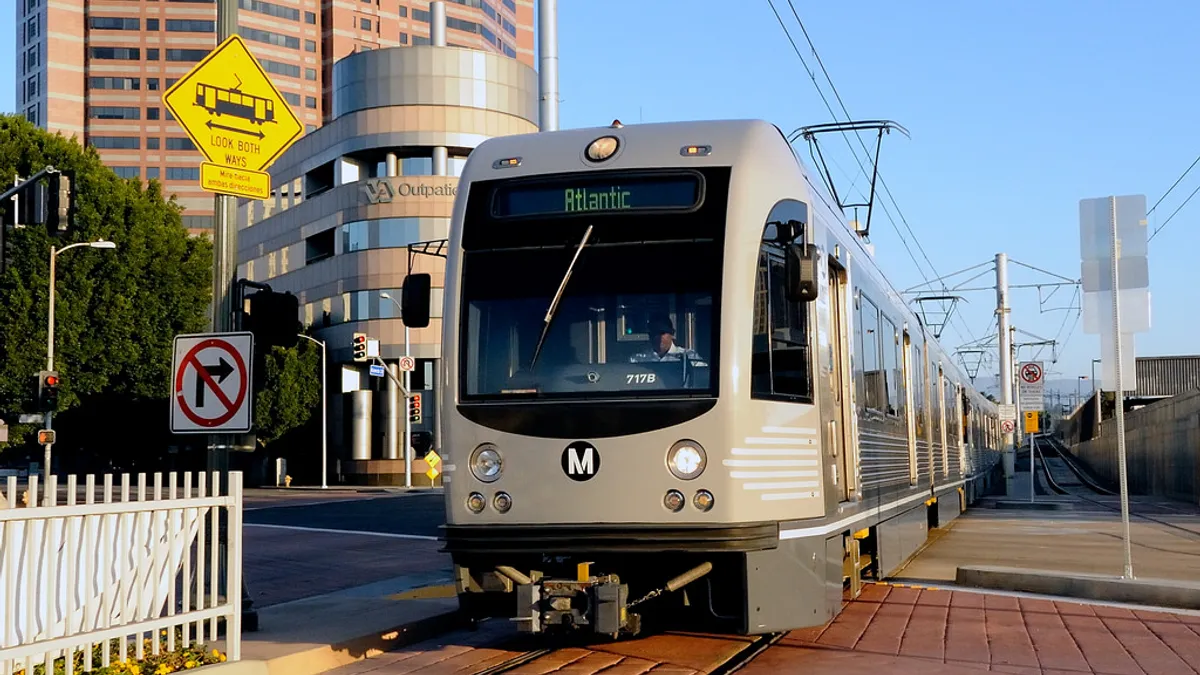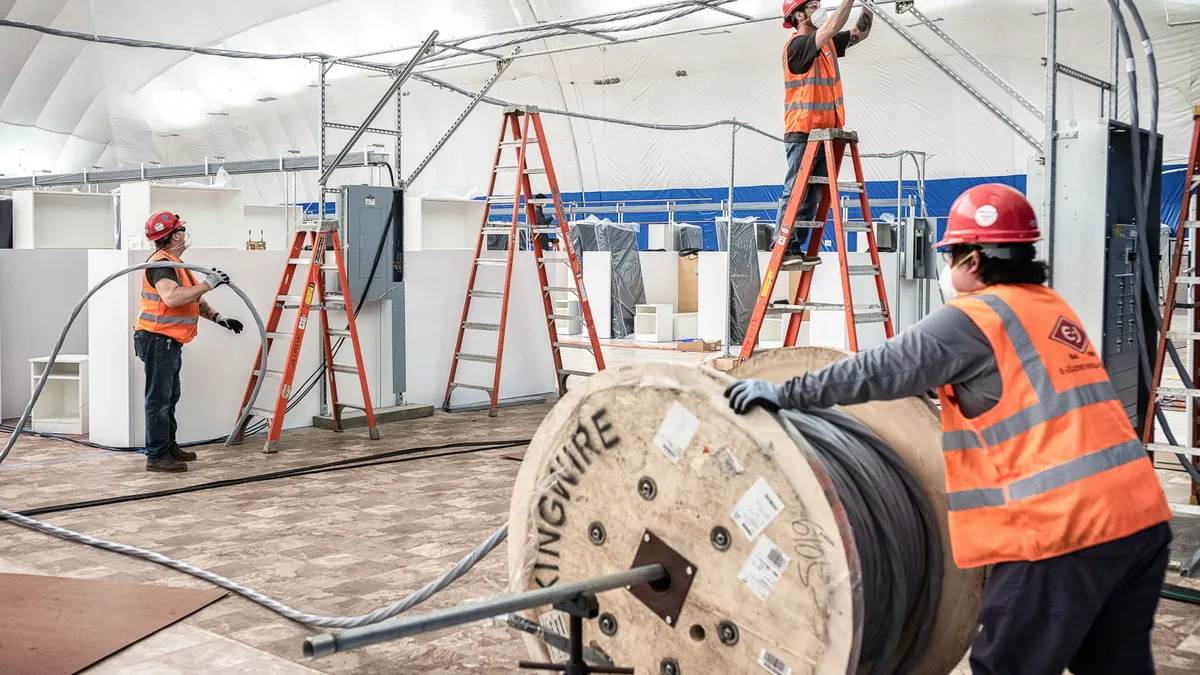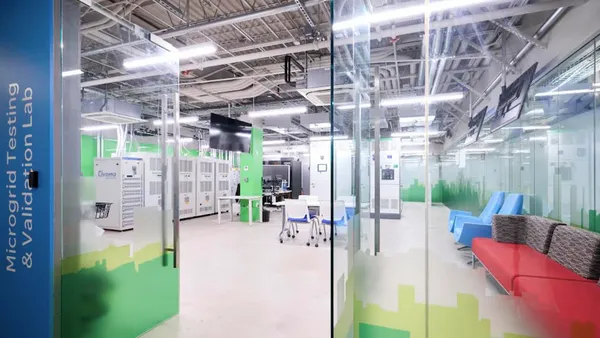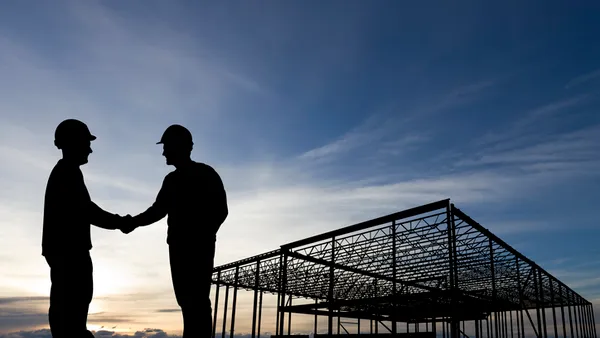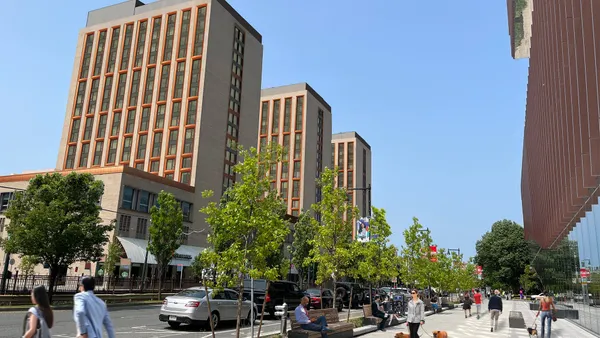Dive Brief:
- An updated long-term transportation plan approved last week by the Los Angeles County Metropolitan Transportation Authority (LA Metro) Board of Directors promises better transit, less congestion, safer streets and more equitable access to opportunity. The $400 billion, 30-year plan pledges a "more mobile, sustainable and vibrant future for Los Angeles County."
- The long-range plan says LA Metro will build more than 100 miles of rail in the next three decades, which it says is the "most aggressive transit expansion plan in the nation." LA Metro also pledged to invest in arterial and freeway projects to reduce traffic congestion, as well as bicycle and pedestrian projects to improve biking access to the city’s downtown.
- LA Metro said it will also look to prioritize bus travel on the county's busiest streets and implement its NextGen Bus Plan to make service faster and more frequent. The agency also pledged to invest in technology and promote services like micromobility, while it said it will prioritize sustainability and resiliency in a bid to curb emissions.
Dive Insight:
LA Metro said this long-range plan could have big impacts once it is fully implemented. The agency estimated that if all the goals are achieved, 21% of county residents and 36% of jobs would be within a 10-minute walk of "high-quality rail or bus rapid transit options," a dramatic increase from the 8% of residents and 16% of jobs being within that same distance today. The long-range plan also estimates an 81% increase in daily transit trips, a 31% decrease in traffic delays and a 19% decrease in overall greenhouse gas emissions in the county if its goals are met.
LA Metro said it will invest $80 billion on transit alone to improve, expand and upgrade service, including building or revamping 22 separate transit corridors. That long-range plan envisions a rail network with more than 200 stations across nearly 240 miles, with other service like bus rapid transit (BRT) being planned across the county.
In addition, LA Metro intends to spend $105 billion on roadway improvements, including adding express lanes for high-occupancy vehicles, improving real-time travel information, while the agency noted that it "cannot add new lanes to most freeways, so to improve traffic flow, we must manage our system better." LA Metro said its Traffic Reduction Study, previously called the Congestion Pricing Feasibility Study, would continue too.
LA Metro also said it will spend $7 billion on active transportation projects like bicycle and pedestrian programs. And the agency said it has defined what it calls "Equity Focus Communities," where more than 40% of households are low-income and either 80% of households are non-white or 10% have no access to a vehicle. LA Metro said these areas represent about 30% of the county’s population.
In a bid to promote more equitable development for those areas and others, LA Metro said it plans to emphasize developing Transit Oriented Communities that prioritize equitable access to multimodal transportation, while also encouraging reduced fare programs, supporting job training and boosting the county’s economic health. Los Angeles Mayor Eric Garcetti said in a statement the city is "entering a transportation renaissance," and that the time is right to reimagine how public transit "can be a force for good in people’s lives."



